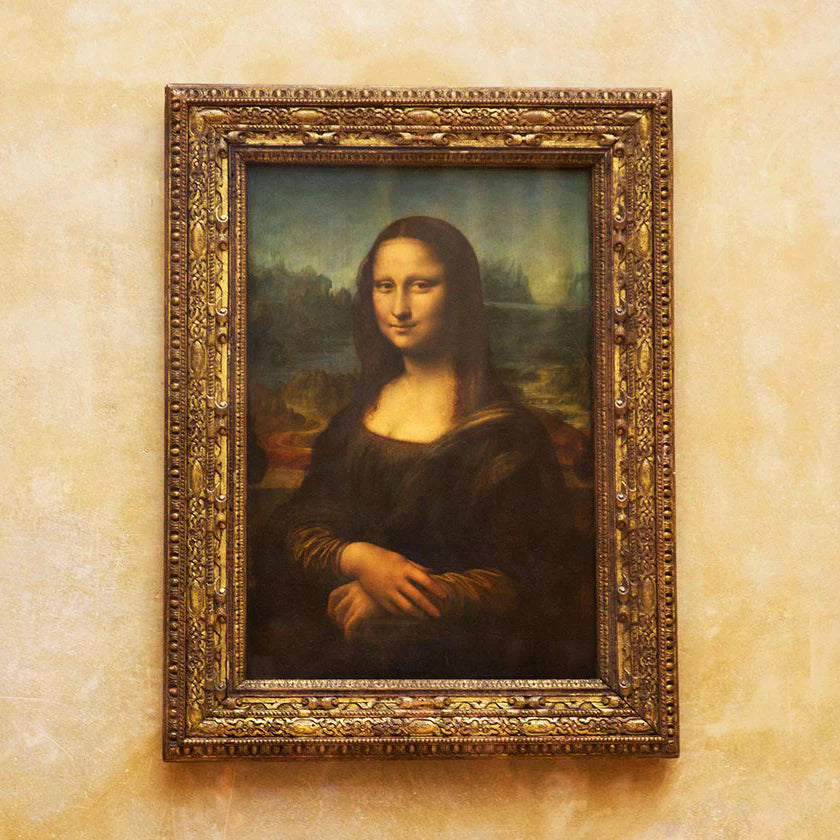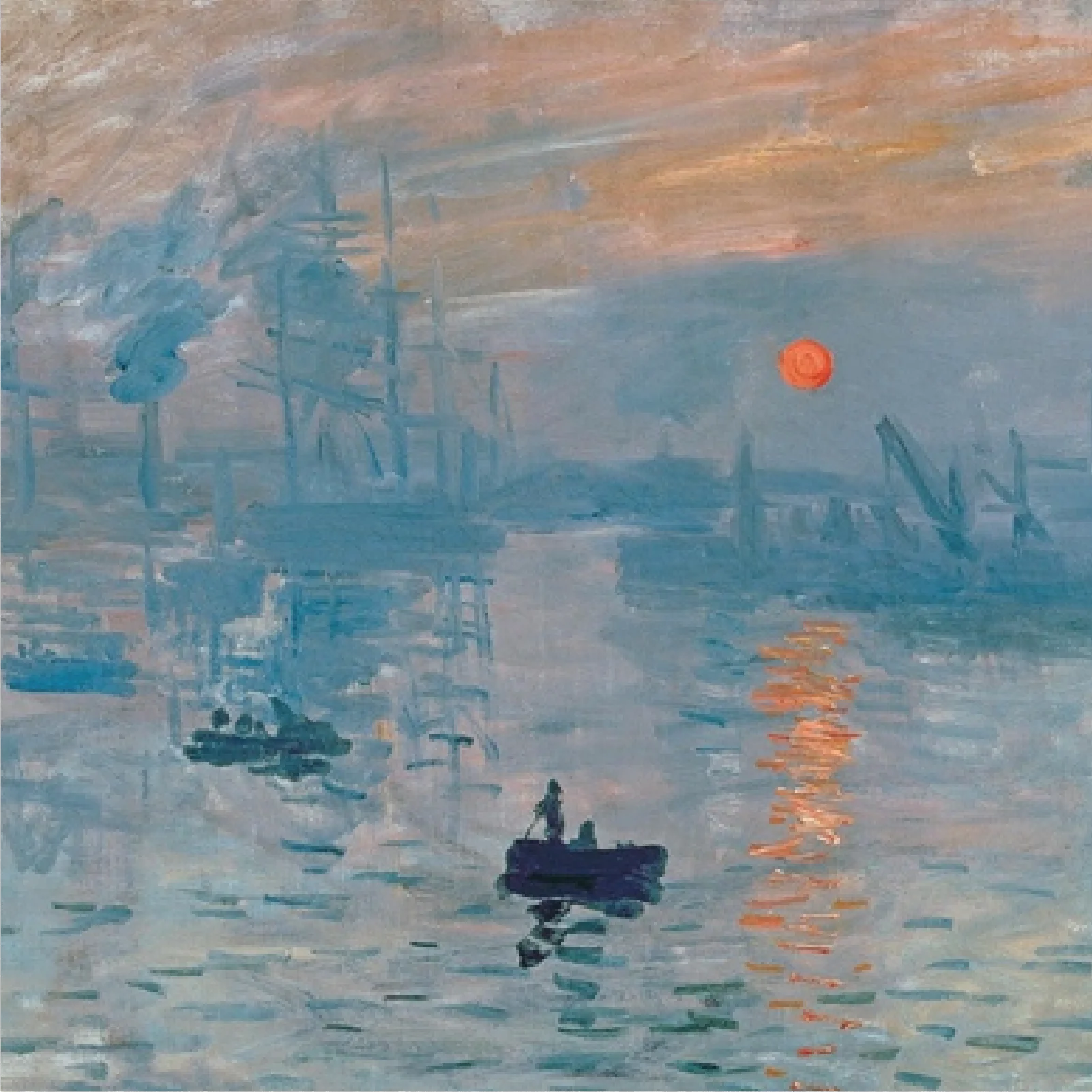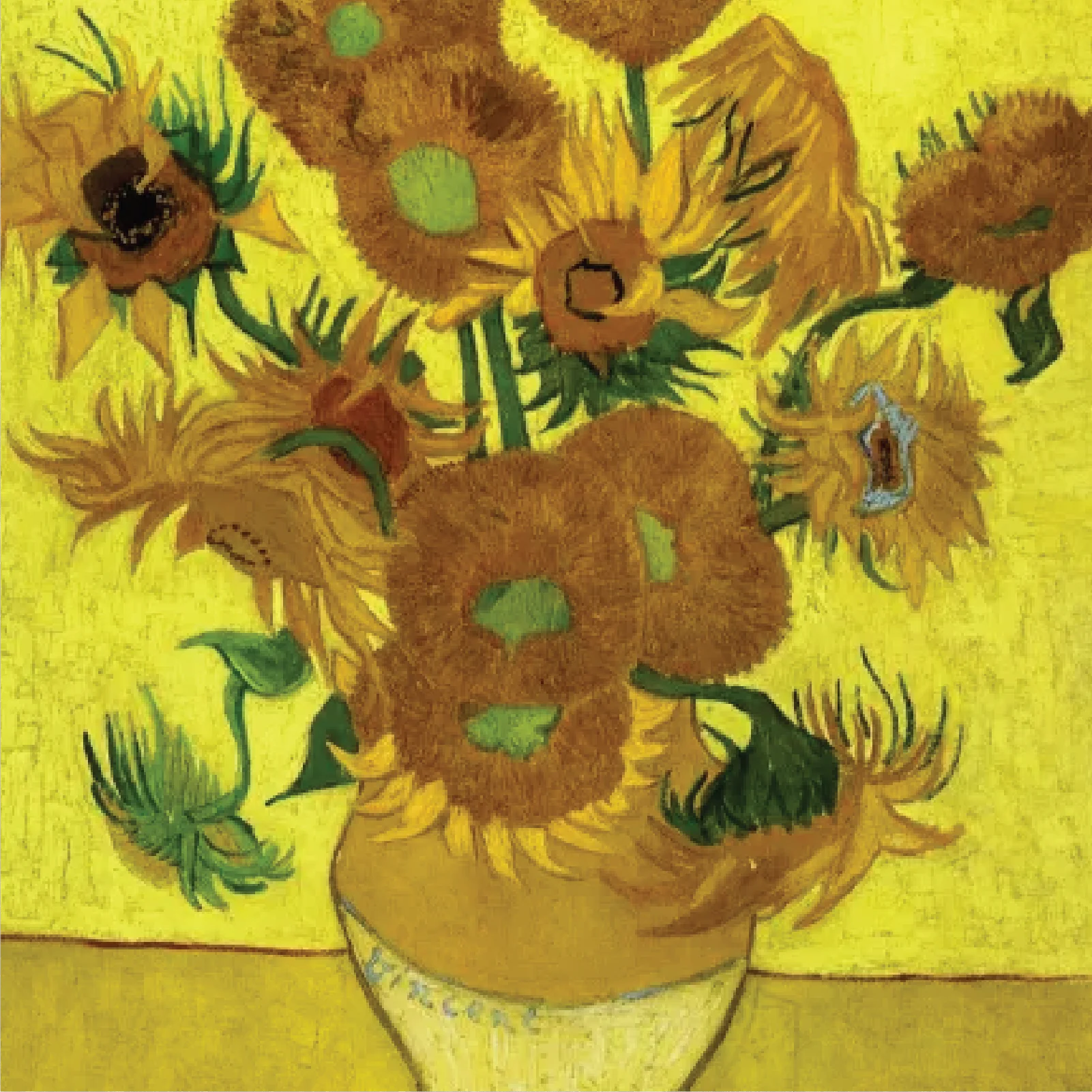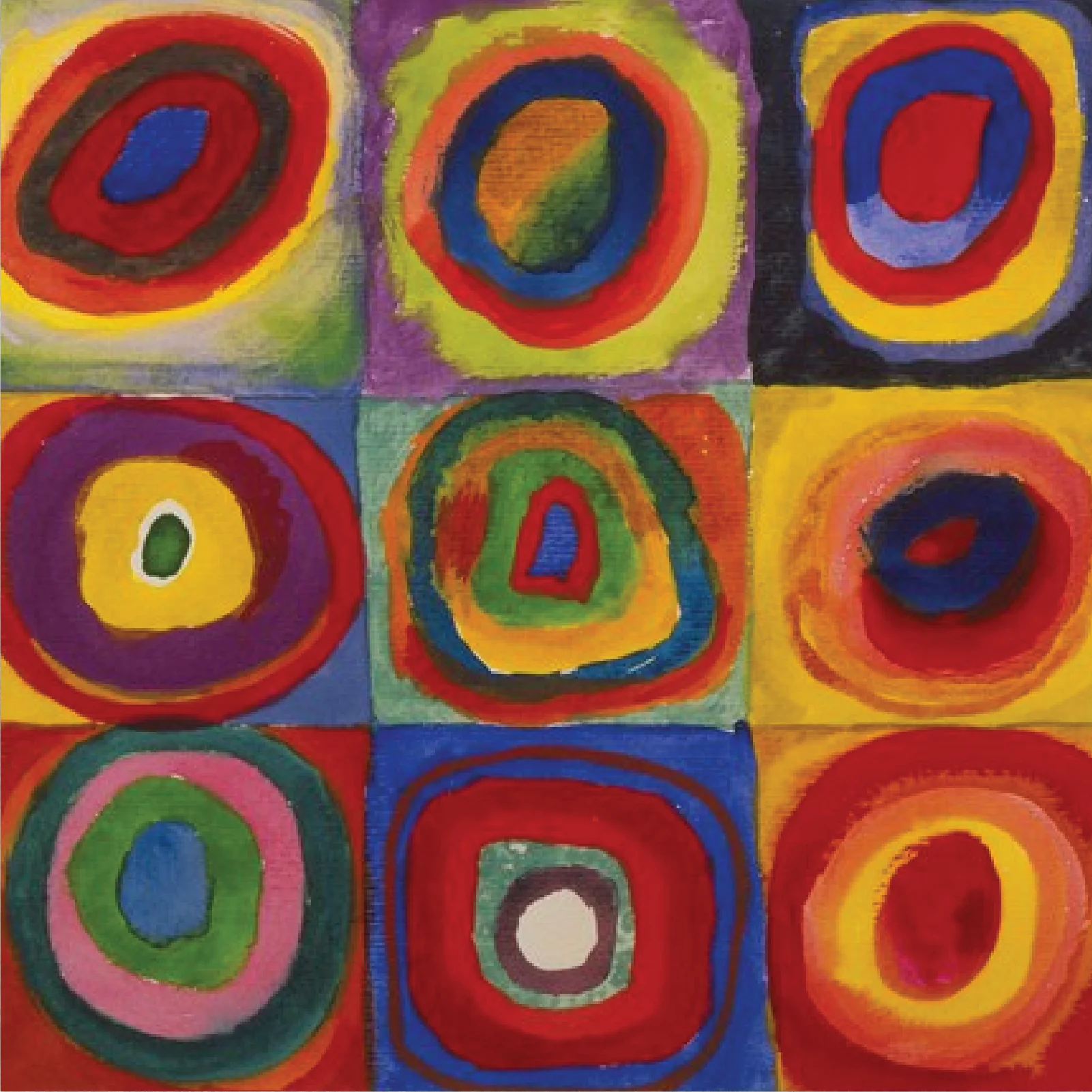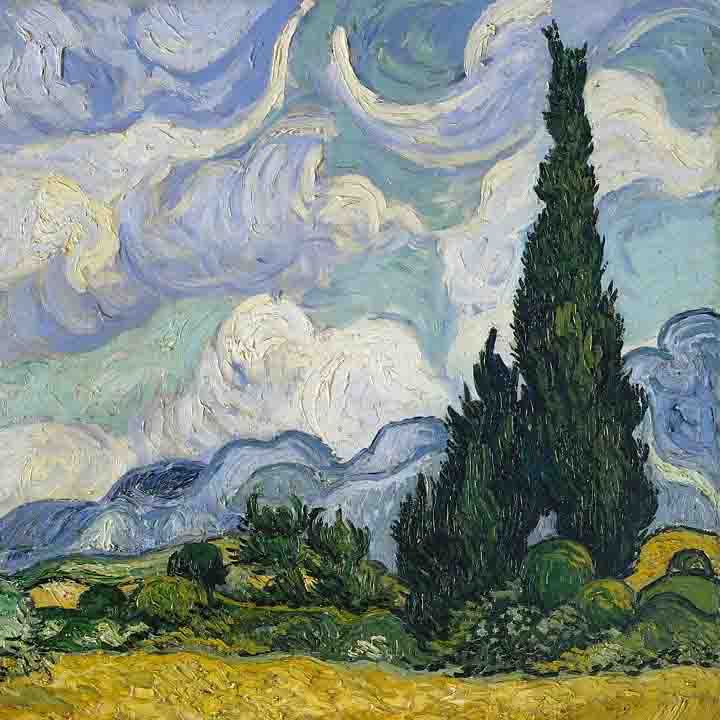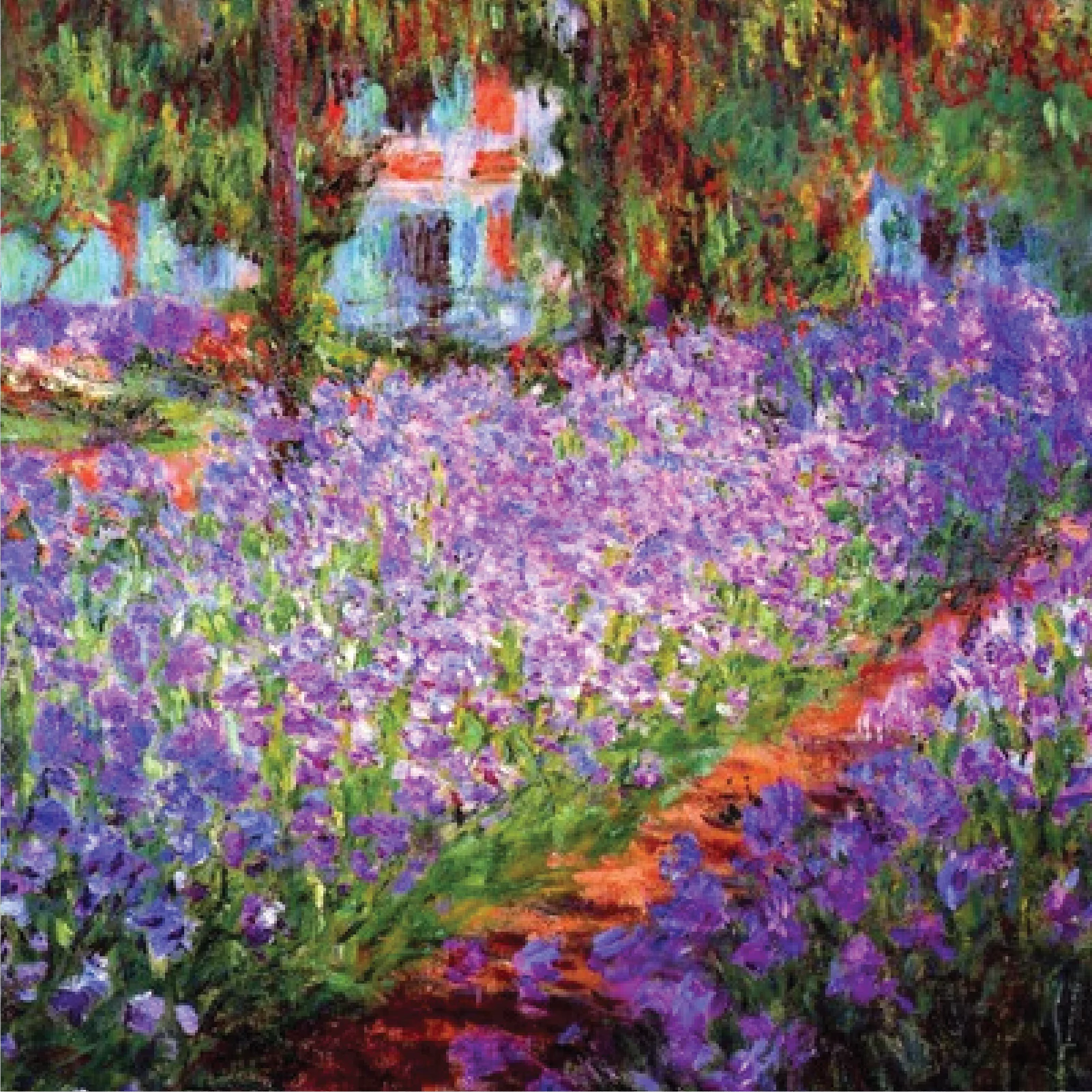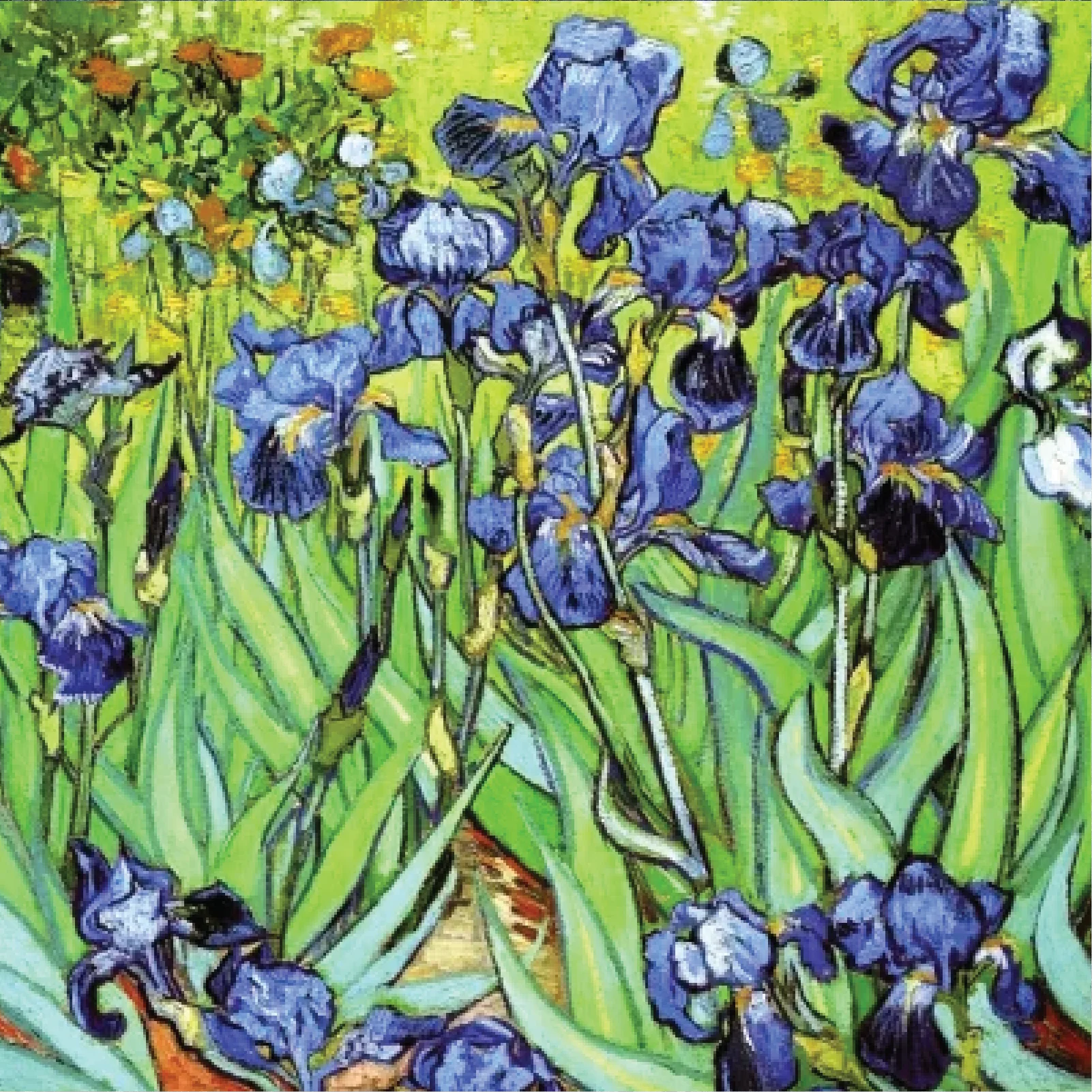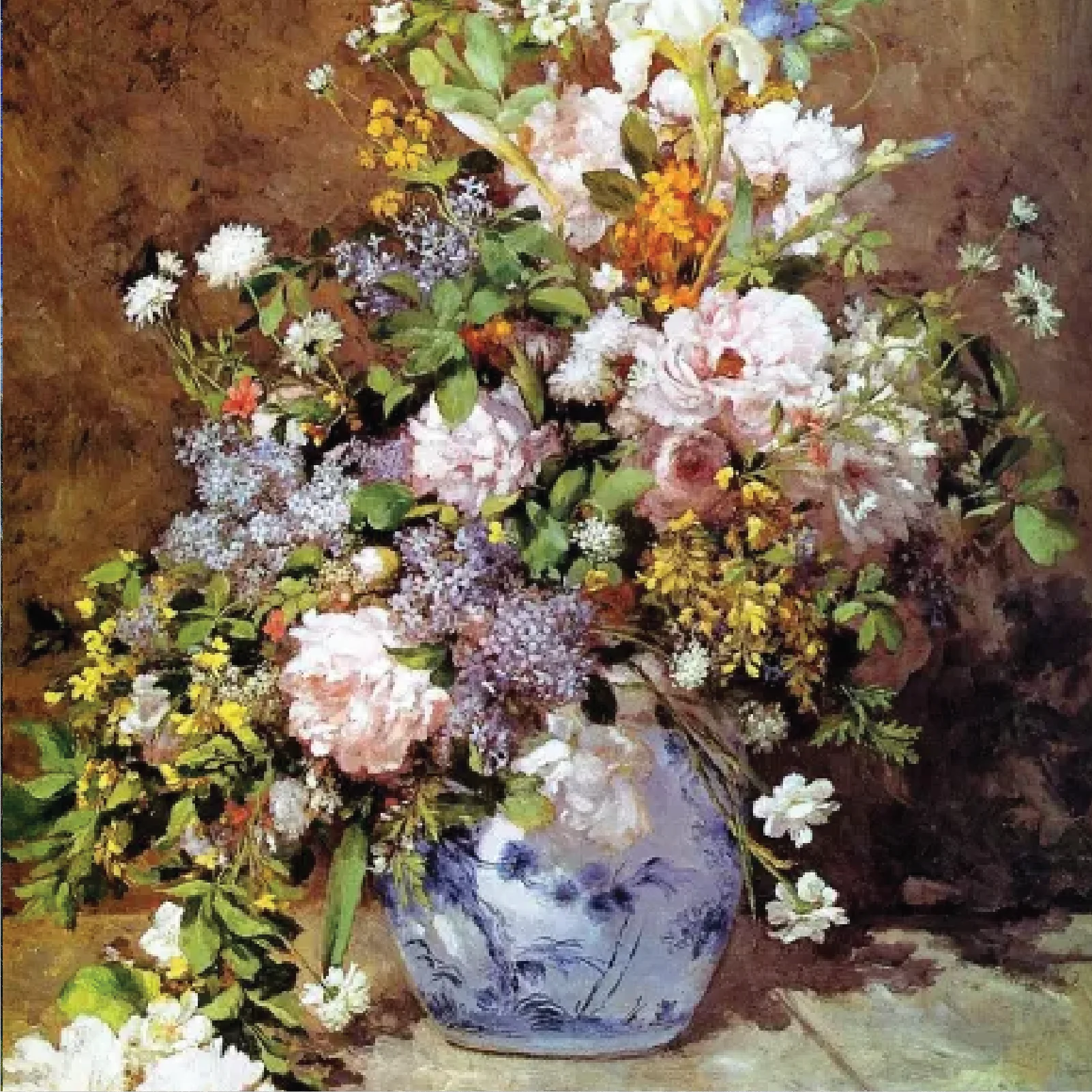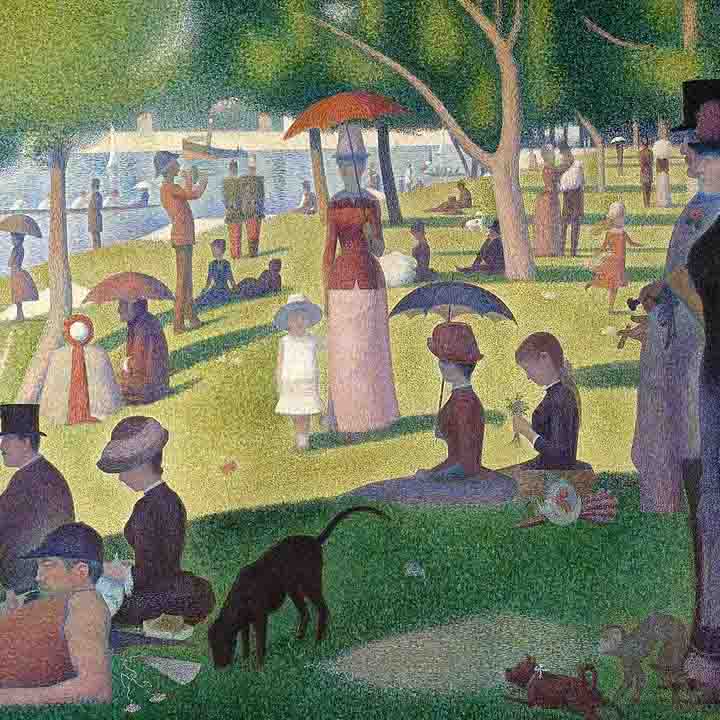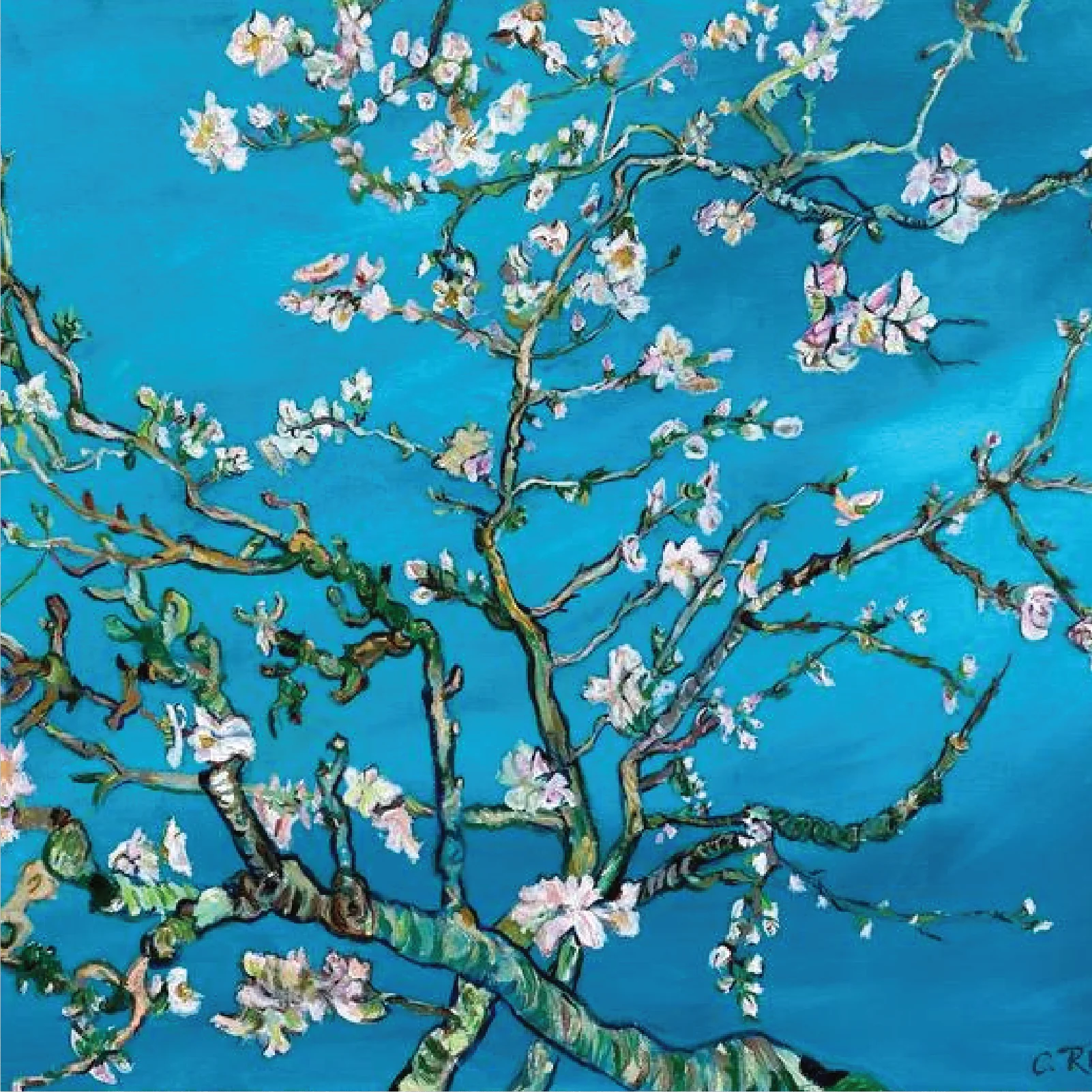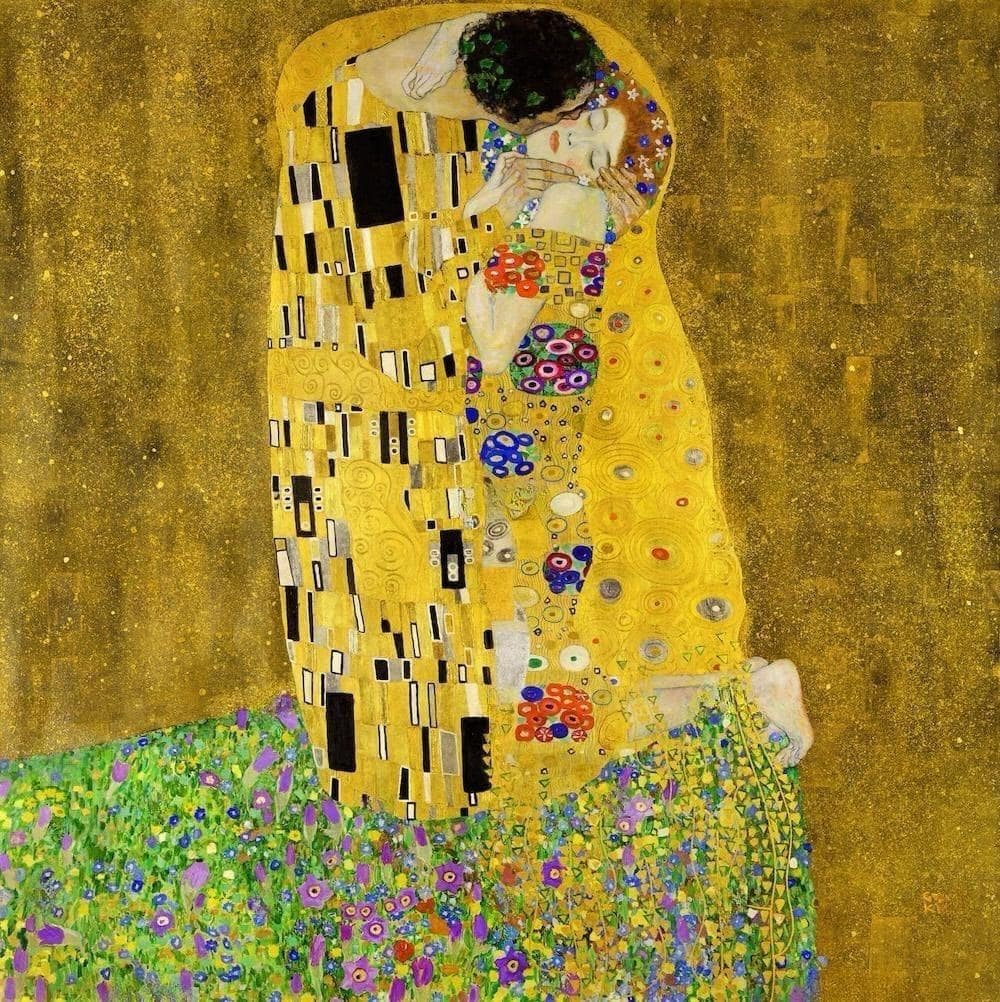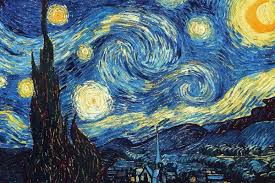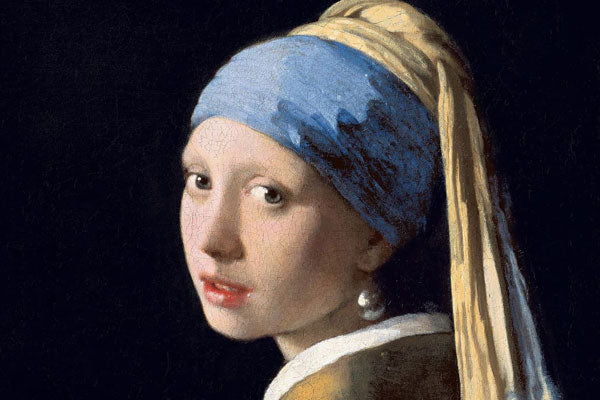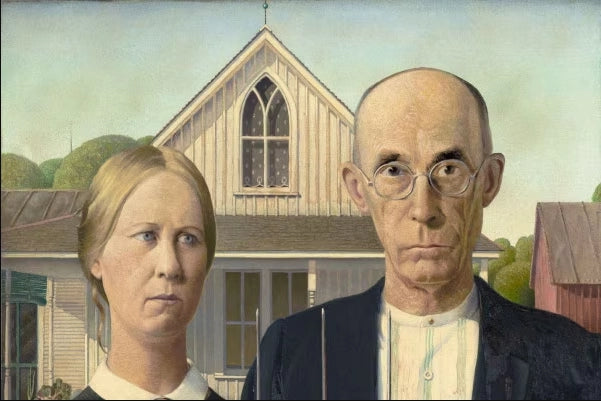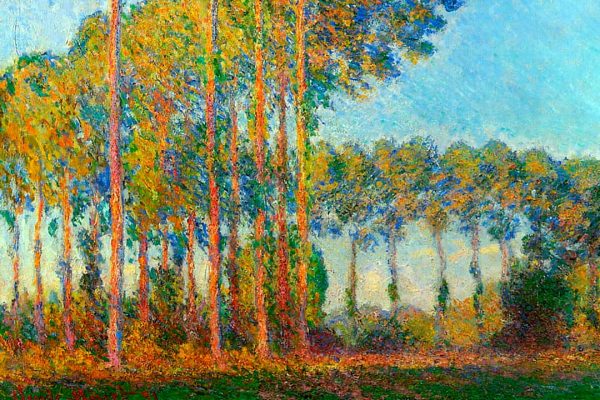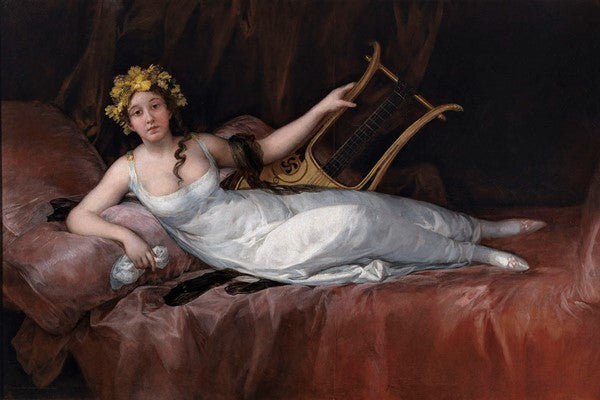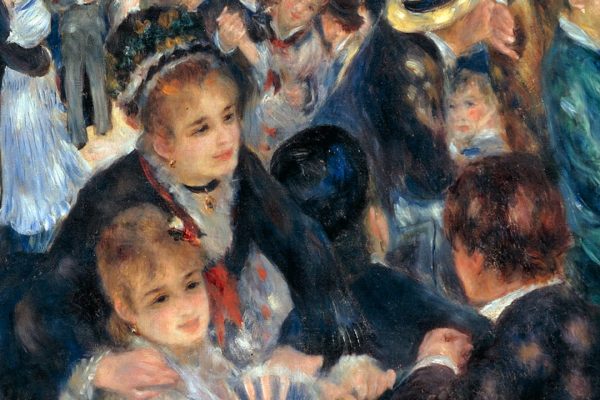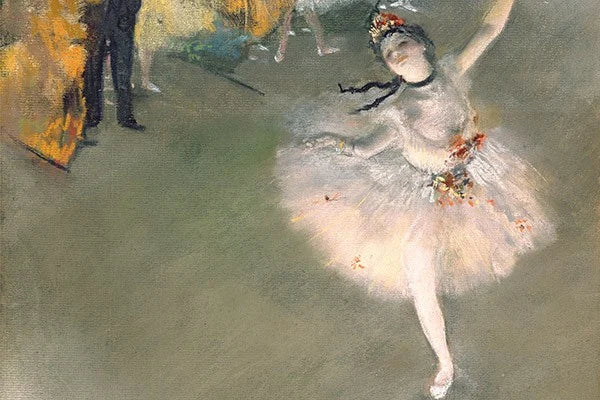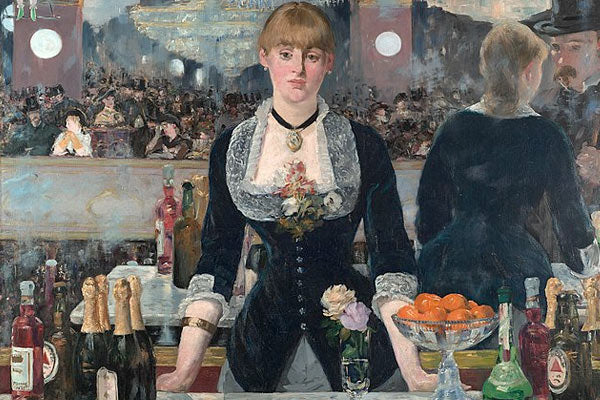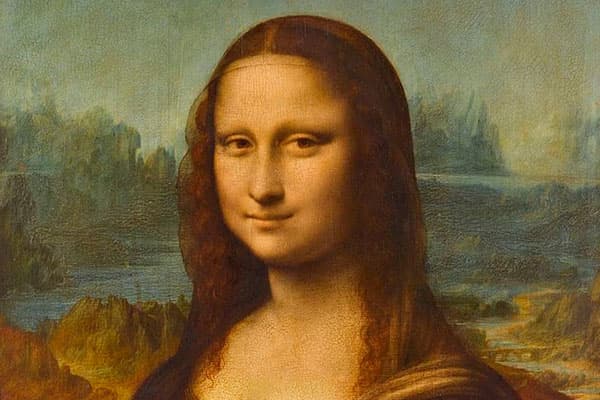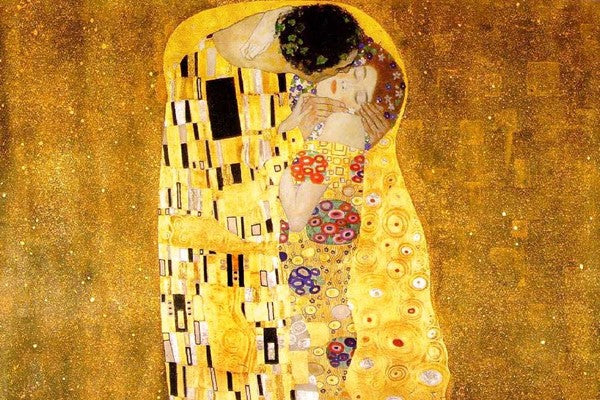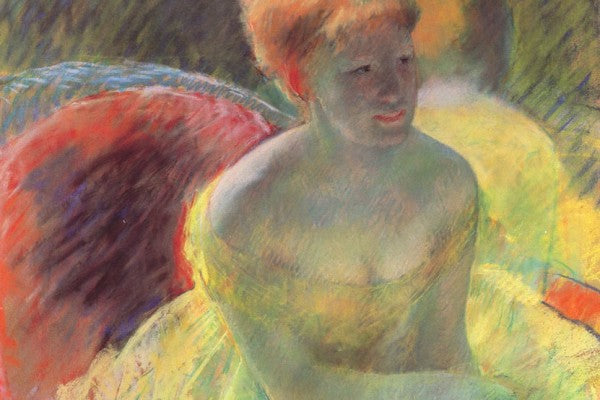The art world is full of opportunities for artists using their skills to create and sell art. Some artists focus on original artwork, while others specialize in art reproductions. But when it comes to selling replicas, copyright laws can make things a bit trickier.
If you’re an artist or entrepreneur who wants to sell copies of famous paintings, it’s crucial to understand what is legal and illegal. This article will guide you through the business side of art, including when you need to obtain permission, how to sell reproductions, and what risks you face in terms of copyright infringement.
At ART&See, we specialize in high-quality oil-painted reproductions of famous paintings. Our skilled artists carefully reproduce masterpieces, maintaining their colors and quality while ensuring they remain affordable art for collectors and enthusiasts.
Whether you want a replica painting of Van Gogh’s Sunflowers or a limited edition print, we bring museum-quality artwork into your home while respecting copyright ownership.
What is an Art Replica?
A replica is a reproduction of an original painting, created to mimic the original work as closely as possible. Artists may create replica paintings for galleries, collectors, or to sell as affordable art. However, before you sell art that is a replica, you must understand whether the work is protected by copyright.

Different Types of Art Reproductions:
-
Hand-Painted Replicas – Created by artists using traditional painting techniques to reproduce the original artwork.
-
Limited Edition Prints – High-quality prints of an original work, often signed by the artist and numbered.
-
Unsigned Prints – Copies of famous paintings that are mass-produced and sold at a lower price.
-
Digital Versions – High-resolution scanned art reproductions sold as downloads or printed on canvas.
Can You Legally Sell Art Replicas?
The legality of selling replicas depends on several factors, including copyright ownership, the type of art, and how it is being used.
Understanding Copyright Laws in Art
-
In most countries, copyright laws protect an original painting for the lifetime of the artist plus 70 years.
-
After 70 years, the artwork enters the public domain, meaning anyone can legally reproduce and sell reproductions of it.
-
If a painting is still protected by copyright, you must obtain permission from the original artist or their estate before selling copies.
💡 Example:
-
A replica painting of Van Gogh’s Sunflowers is legal to create and sell because it is in the public domain.
-
A replica of a Dior or Louis Vuitton artwork may violate copyright laws, as these brands retain ownership of their designs.
When Can You Sell Art Reproductions?
Selling Replicas is Legal If:
✅ The painting is in the public domain (e.g., Monet, Da Vinci).
✅ You have a written agreement or license from the original copyrights owner.
✅ You have altered or transformed the original work significantly.
Selling Replicas is Illegal If:
🚫 The original artwork is still protected by copyright.
🚫 You sell an exact copy of a copyrighted painting without permission.
🚫 The artwork is substantially similar to the original work and could mislead buyers.
💡 Important: Selling a copy of the original without permission could lead to legal action for copyright infringement.
How to Sell Art Replicas Legally
If you want to sell art legally, follow these steps:

1. Check the Copyright Status
Before you reproduce your work, research whether the original painting is in the public domain. The U.S. Copyright Office and other resources can help verify the copyright ownership.
2. Obtain Permission
If the artwork is still protected by copyright, you must negotiate the copyrights with the original artist or copyright holder. This might involve paying a flat fee or royalties.
3. Make Transformative Art
Instead of an exact replica, create an original idea inspired by the original artist’s work. Adding your own style can make the work legally defensible.
4. Sell Through Licensed Platforms
Some platforms sell reproductions with proper licensing, allowing artists to legally create and sell prints of an original work.
5. Always Credit the Original Artist
Even if the painting is in the public domain, it’s an honored tradition to acknowledge the original artist in your listings.
Where to Sell Art Reproductions
If you are legally allowed to sell reproductions, here are some places to do it:
-
Galleries – Some galleries sell replica paintings as part of their collection.
-
Online Stores – Platforms like Etsy and eBay allow you to sell prints and replica paintings legally.
-
Art Markets & Fairs – Selling at local art events is a great way to reach collectors.
-
Print-on-Demand Websites – Platforms like Redbubble and Society6 allow artists to reproduce their work on merch like stationery and canvas prints.
💡 Note: Some platforms have additional requirements to ensure sellers follow copyright laws.
The Risks of Selling Art Replicas
If you copy the original painting without permission, you risk:
❌ Copyright Infringement Lawsuits – The original artist or estate could take legal action.
❌ Being Removed from Online Marketplaces – Many platforms ban users who violate copyright ownership.
❌ Damaging Your Reputation – The art business values originality. Being labeled a copycat can hurt your career.
Final Thoughts: Should You Sell Art Replicas?
The business side of art requires an understanding of copyright laws. While it’s legal to create and sell art reproductions of public domain works, you must be careful when working with original artwork that is still protected by copyright.
Selling replicas can be a great way to offer affordable art, but you should always obtain permission when necessary. Whether you are an artist’s fan or a new artist looking to start an art business, knowing where to draw the line between inspiration and plagiarism is essential.
If you want high-quality, legal reproductions of famous paintings, ART&See provides museum-quality oil-painted art reproductions that respect the original artist’s work.
🎨 Check out our collection today and bring timeless art into your home!
